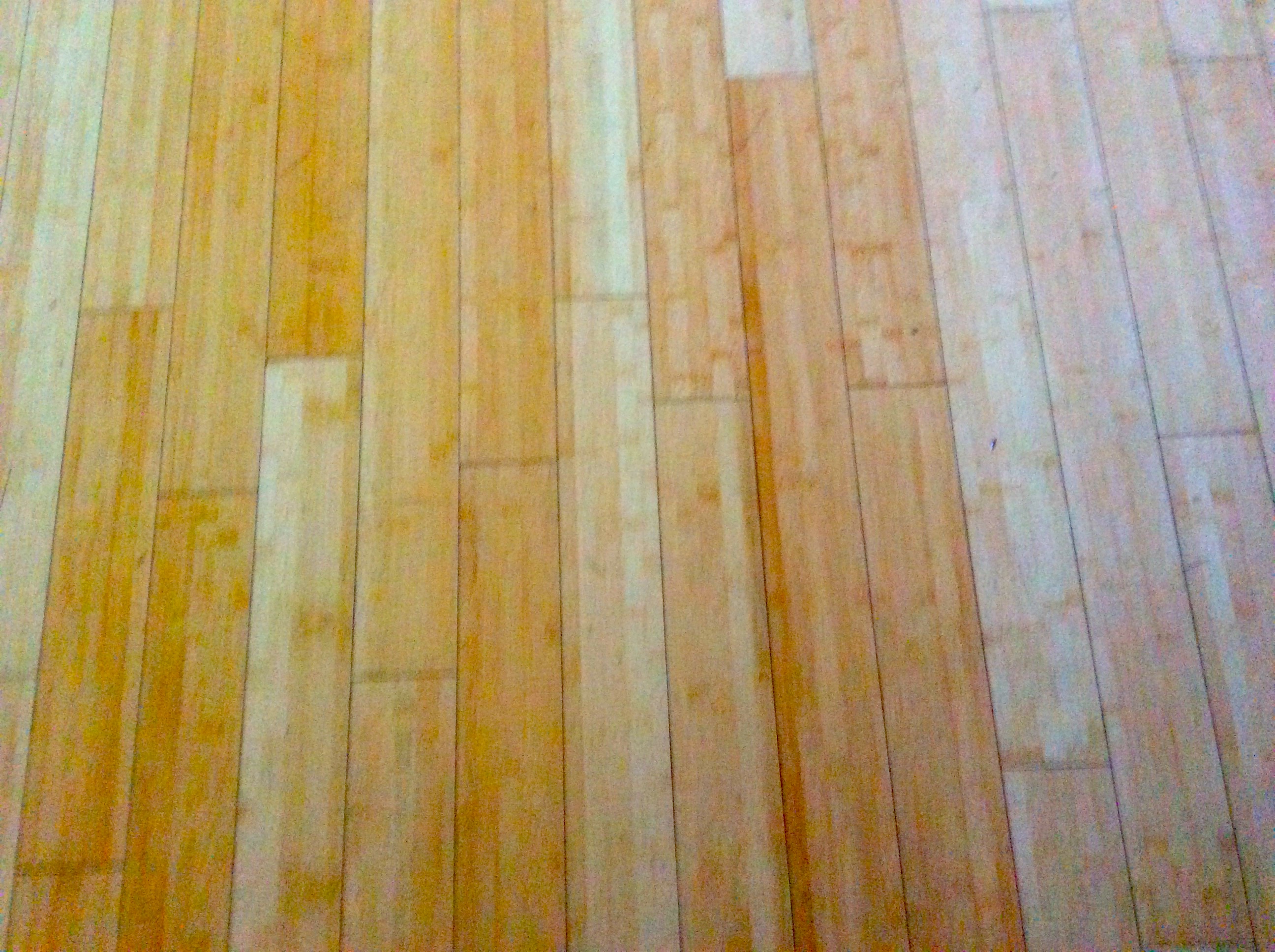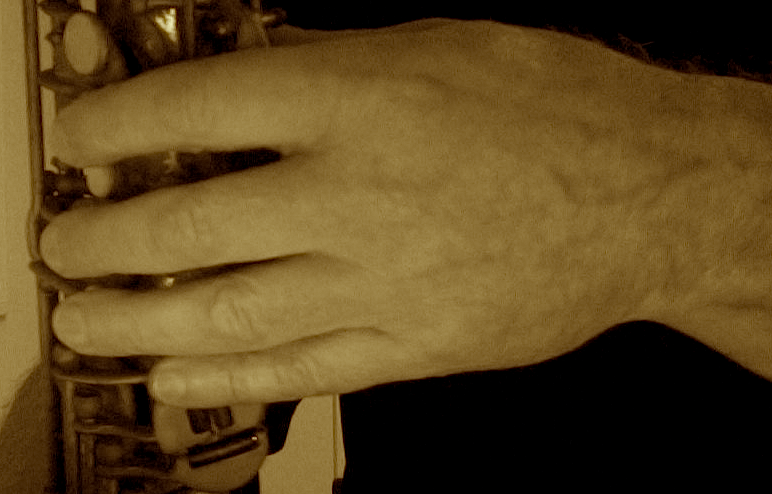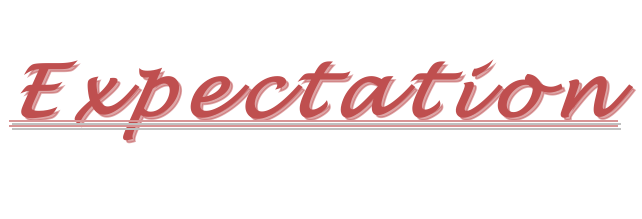Whether giving an Alexander Technique lesson to a musician, or simply observing myself when I practice, I’ve come to notice one particular postural/movement habit that we all seem to have in common when faced with a potentially “stressful” stimulus when playing our instruments.
This is also something I can see as I watch musicians (and other performing artists) during performance.
When I say “potentially stressful”, I mean to include a wide range of things, from mild to powerful.
For example, a mildly stressful stimulus might be to slightly increase the tempo of a particular etude you’re practicing. Whereas a more powerfully stressful stimulus might be anticipating playing the first note of an important audition for which you’ve prepared.
In either case, there is an almost universal tendency with respect to your movement and posture when faced with these types of stimuli:
You begin to lose your connection to the ground.
It is your connection to the ground that is the basis of support that encourages the freely fluent, agile and powerful movements you need to perform at your fullest potential.
Nearly all of our movement/posture, with respect to our human design (and with respect to our relationship to gravity), is based upon support (the ground) and suspension (the elasticity of our musculoskeletal system).
When you lose support, you also begin losing the elasticity necessary for optimal suspension, and ultimately, optimal coordination.
So what does “losing connection to the ground” look like?
Here are a few examples when you’re standing:
- You stiffen your feet and ankles, losing the mobility necessary to respond effectively to changes in balance.
- You roll to one side or the other of either/both feet (this too, involves stiff ankles).
- You hyper-extend (“lock”) your knees.
- You clench your buttocks and/or compress you hips, while at the same time “lifting” yourself off the ground slightly.
And even when you’re sitting you can lose this very important connection to the ground. Here’s a few ways how you might do so:
- You stiffen your legs, thereby diminishing the necessary contact of your sitting bones to the support of the chair.
- You begin to push (or pull) toward one side or the other of your pelvis (and thus, your sitting bones).
- You begin to draw your knees up into your pelvis (as your feet come up slightly off the floor).
- You lift yourself up from the support of the chair by narrowing your entire torso. (This is something you also might to when standing.)
I should also mention here (with respect to the principles of the Alexander Technique) that when you’re engaging in any of the above listed posture/movement reactions, that you are at the same time stiffening your neck, interfering with how your head needs to freely balance on top of your spine (in order to allow optimal coordination).
And these tendencies are not only potentially problematic to the “mechanics” of your coordination, but are also (perhaps even more important!) evidence that your quality of your attention is less than ideal. It has gone from being flexible, integrating and expansive (inclusive), to inflexible, disintegrating and narrow (exclusive).
(There is always a reciprocal relationship between the quality of your attention and what you do in your body. It’s sort of like, “Which came first, the chicken or the egg?” In any case, one conditions the other.)
But here’s the good news:
You’re not stuck with any of these tendencies.
Because they are only that. Tendencies. Or “habits” as we would refer to them in Alexander Technique jargon.
And habits can be changed.
Start by paying attention. Notice both when, and how, you lose your connection to the ground.
Notice what types of stimuli (thoughts, circumstances, conditions, etc.) seem to invite you to lose your connection (the “when” part).
Notice what you do with your entire self (including your attention) when you lose your connection (the “how” part).
Once you notice, you can practice pausing to gently redirect your attention, allowing yourself to be easy in your body and regain your connection to the ground. (And allowing yourself to reconnect to your intentions, and with the music itself.)
Finally, there is a difference between being “planted” (stuck hard and fast into the ground) and being “grounded” (surely, but dynamically connected to the ground).
Aim for being grounded, letting your weight pass freely down through your legs, through your feet, and into the support of the ground (when standing), or through your sitting bones as you allow the chair to support you (when sitting).
Then think of yourself as going up lightly, freely and expansively from your supporting surface. Let the earth play its role in helping you make music. Notice the difference.




